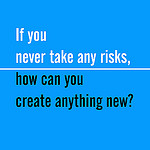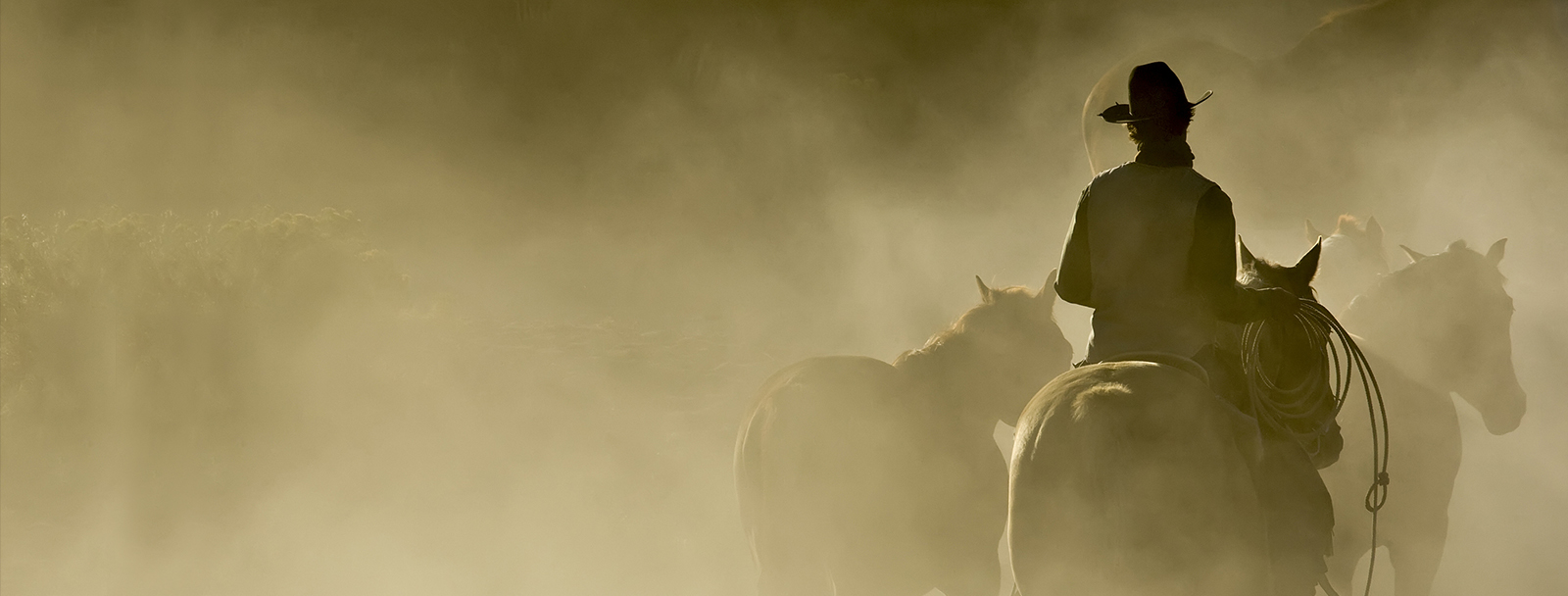 One of the issues I see writers struggle with is the idea they make writing mistakes. A day’s worth of writing is tossed because, in our judgment, it stinks. The characters are dull. The dialogue is boring. The plot twists aren’t working. There’s no tension, no conflict.
One of the issues I see writers struggle with is the idea they make writing mistakes. A day’s worth of writing is tossed because, in our judgment, it stinks. The characters are dull. The dialogue is boring. The plot twists aren’t working. There’s no tension, no conflict.
Recently I spent three weeks on a story I thought had great potential. So did my writing partners. At nearly 11,000 words I stopped working on it. The story wasn’t working the way I thought it would. What I envisioned as a comedic adventure into the life of a writer turned dark and entered realms of spiritual and emotional problems I hadn’t foreseen.
The characters are interesting and there are tons of conflict and tension. But I couldn’t get a handle on the story flow and the plot twists. So I stopped.
Some might say this was a mistake and I wasted three weeks of writing time.
And I thought the same at first. My determination to correct the mistake was so strong I kept laboring on the story. But after three more days of banging away at it, I knew it wasn’t working. I put the concept aside and went to work on something else.
A mistake? I don’t think that way any longer.
A recent blog by K.M. Weiland clarified my thinking on this.
Mistakes Are Our Friends
Nothing I write is ever wasted, no matter how bad. What some call mistakes are opportunities to learn.  They teach me how not to write.
They teach me how not to write.
We need to give ourselves permission to write junk. The delete key is our friend.
There will never be a perfect story. And we need to be realistic about this. I’m not the next Tolkien or Hemingway. But I can’t let that stop me from being the best Henry McLaughlin I can be.
Allowing myself to make mistakes frees me to experiment. I would never have ventured into fantasy or first person narrators if I weren’t willing to mess up and write junk. As Nora Roberts said, “I can fix a bad page, I can’t fix a blank page.”
Fear of mistakes and the drive for perfection can stop us. As K.M. said, “The irony of perfectionism: it doesn’t create perfection; it cripples it.”
 Mistakes are lesson in moving forward. They are the opportunity to reveal and examine my weak points. Exploring the wrong ways helps us discover the right ways and to grow in our mastery of the craft.
Mistakes are lesson in moving forward. They are the opportunity to reveal and examine my weak points. Exploring the wrong ways helps us discover the right ways and to grow in our mastery of the craft.
Everything we write has value. It may not be publishable but the act of writing junk brings us closer to that goal.
How do you handle your writing mistakes? What techniques have you learned to keep going in spite of mistakes?

Great blog, Henry. Thanks for the reminder that it’s okay to make mistakes and that making them isn’t a waste of time! Love this.
Thanks, Darlene. I’m happy this post was helpful. It took me a while to learn this lesson but I’m glad I did. Blessings.